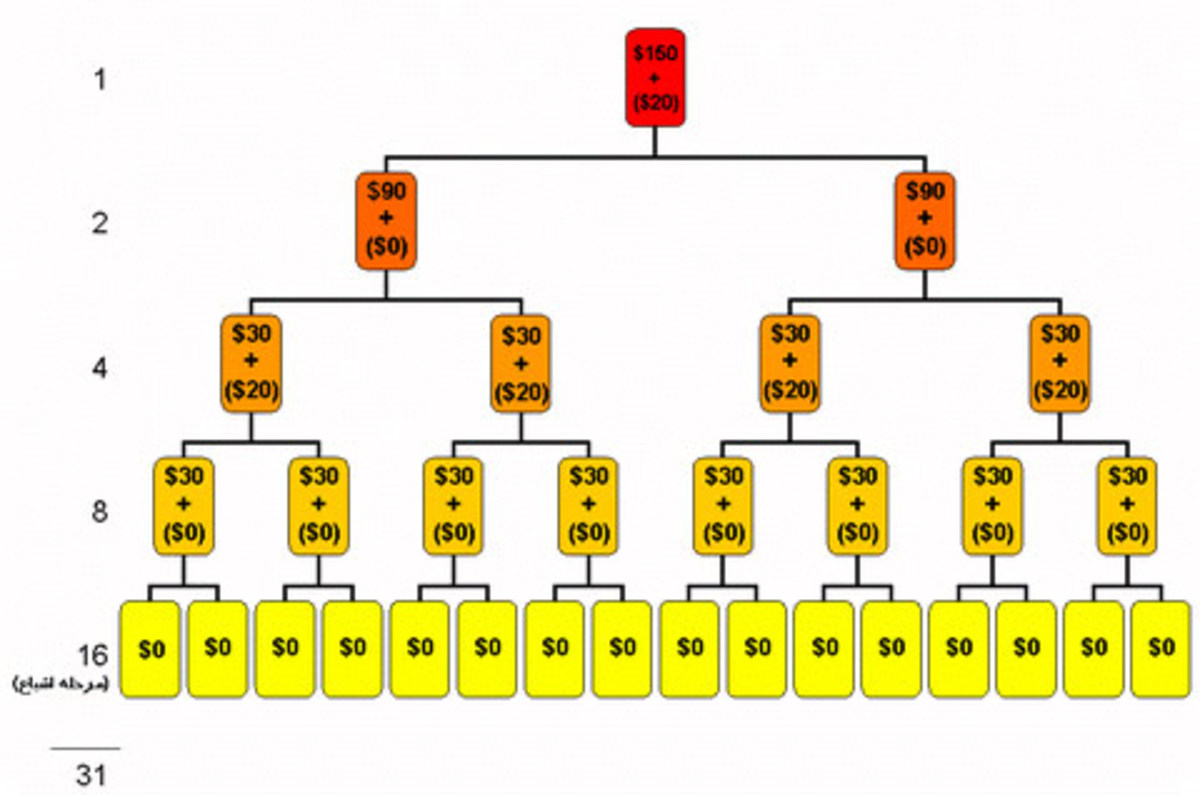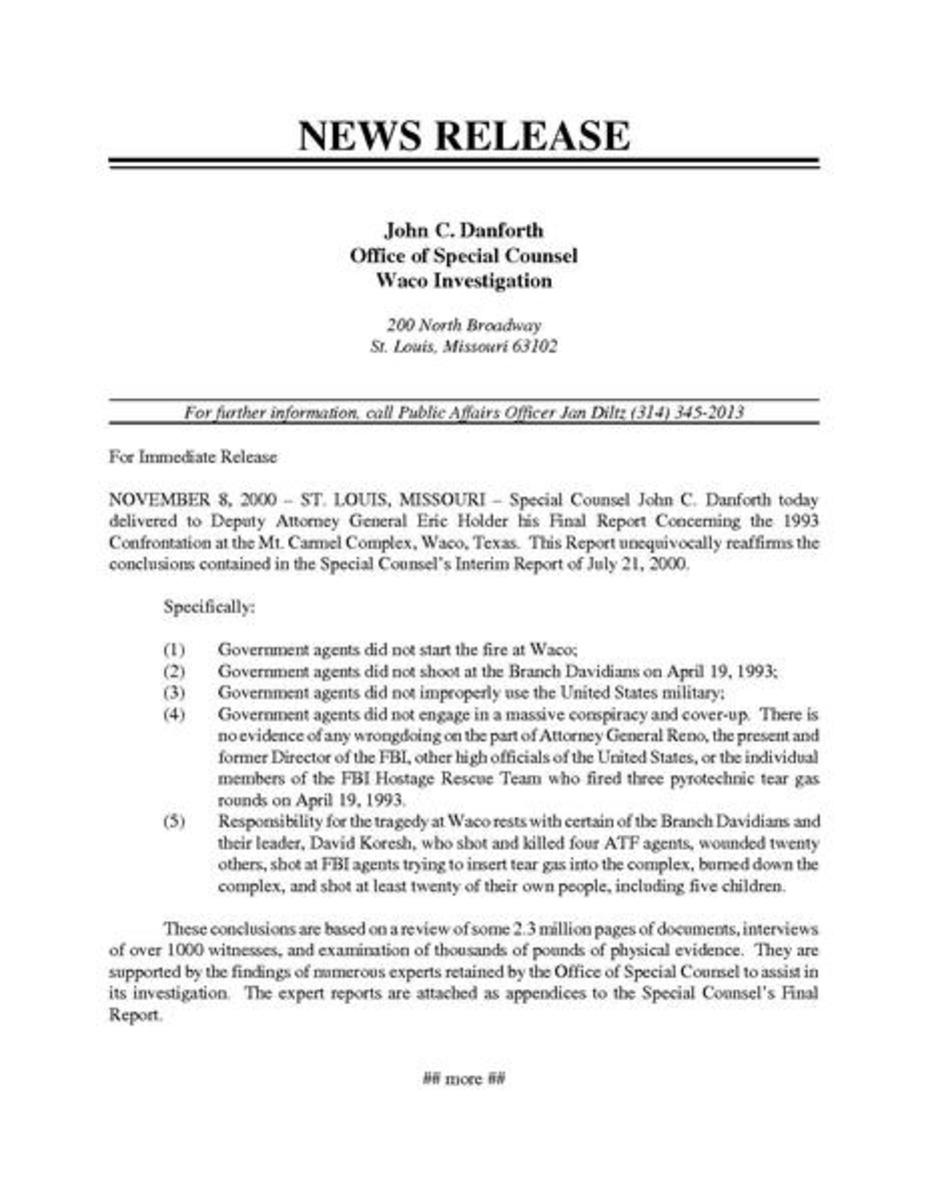Personal Property Rights Versus Eminent Domain: What's Fair and Equitable?

The controversy over personal property rights and eminent domain is one that has raged for decades. Basically one Segment believes that owners of private property should be allowed to use that property as they wish as long as they don’t adversely impact the environment while an opposing segment believes that the government has the right to condemn private property (through eminent domain) for any purpose that promotes “the greater good” including economic development by other private property owners. So the issue arises about one's right to their land and what constitutes a "the greater good."
Property Rights
In America, personal property rights are near the top of importance when it comes to rights afforded to us. One segment of society believes that individuals should be able to do whatever they want with they're property. On the surface this seems pretty fair but in realty it's not - unless limitations are put in place. Once person's right to use a piece of land should not stifle a neighbors right to use his/her land for the same purpose. This is one of the reasons for zoning laws. In addition to this, it's basically impossible to ensure that each land owner has the same rights on their land as others. This is because each piece of land is physically different from every other piece of land and is located differently with respect to existing infrastructure, etc. For example, it may cost $100,000 to build a house on flat piece of land in the suburbs while the same house may cost more than twice as much to construct if built in a hill slope area thick with trees in the middle of nowhere, all other things being equal.
One could also argue that if a land owner isn't "using" a piece of land than it isn't serving anyone any purpose. In this case some people believe that the property rights should also be tied to the type and amount of the use of the land. Therefore, as the argument goes, one would have no particular rights on a piece of vacant natural land unless they were using it for some purpose. This would support eminent domain because any use determine necessary by a government body would be more important than a property owner's non-use of the land.

Eminent Domain
When society wishes to expand its infrastructure to provide for a better future for its citizens, it requires more land to do so. This is where eminent domain comes in handy. If used properly, eminent domain can be a tool to serve a greater purpose for society. Land owners are compensated for their loss of land and in many cases are often given more money than the market (appraised) value. In the big picture of things I believe this is fair for society as a whole because everyone benefits from newer and better infrastructure. This includes the landowner who had to sell the land.
Proper use of eminent domain is equitable in the long run, but may not be in the short term. As I mentioned earlier, land owners whose land is taken by the government are compensated for it. In many cases the compensation far exceeds the market value of the land. I have personally seen someone get paid more than $1,000,000 for a piece of land that only appraised for $400,000. This is unfair to the neighboring land owners who didn't have the luxury of selling at such a high price. However in the long run, the land purchase still does serve a much needed public purpose that is worth more than the money paid to get the land in the first place. In the end, most everyone eventually benefits from the government's use of the land if used when carrying out its legal obligations.
If a land owner is willing to sell his/her property then eminent domain is not needed and all you have is a typical real estate transaction. Therefore, the use of eminent domain is forced upon the land owner to acquire the land necessary for a higher public purpose. Typically the land owner is taken to court and forced to sell the property to the government. This is a legal action and requires the use of attorney's and a judge who issues a judgment on the amount of compensation to be offered.

Eminent Domain: Legal and/or Ethical?
While eminent domain may be legal, it is not always ethical. Sometimes government officials decide to purchase land for a project that is controversial or perhaps it won't be built for a very long time. There may also be other alternatives than obtaining the land that may not be revealed to the seller or those involved. It's also been said that our political leadership often has a hidden agenda. For example, it would be unethical to use eminent domain for land that isn't needed, if the jurisdiction's leadership is trying to exercise their political muscle or if the goal is to benefit an individual rather than a community.
I believe that the use of eminent domain becomes unfair when this tool is used to support the wishes of another private entity. For example, if a car manufacturer needs more land to expand its operation it wouldn't be ethical or legal for the local government to step in to force adjacent land owners to give up their land to support the business. In the case of the auto manufacturer, I would argue that it is their responsibility as a business to negotiate directly with adjacent property owners to work out a deal.
Balance: The Only Truly Fair Solution
In my opinion, there has to be a balance between property rights and the allowed use of eminent domain for it to be considered fair, equitable, legal and ethical. Going too far in either direction is not, in the big picture of things, the best for society as a whole. The use of eminent domain should be used only when duly justified based upon the premise of law established by the dominant decision making authority for the area only when a true greater purpose has been determined.







